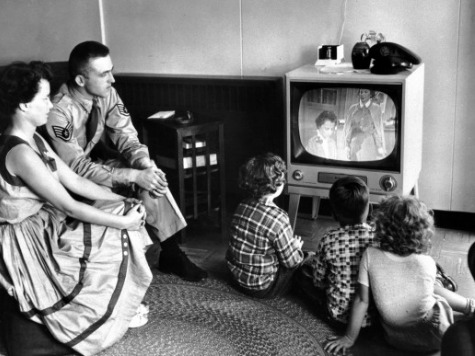
Television has been a mainstay of American life since the late 1950s, but nothing lasts forever and one CEO of a major cable company is hinting that the end of TV could come sooner than we think.
In a revealing interview, Cablevision Systems Corp. Chief Executive James Dolan told The Wall Street Journal that “there could come a day” when his company would stop offering TV service to focus solely on broadband service.
Cablevision Systems Corp. is the fifth largest cable provider in the nation with three million subscribers.
The Journal notes that this admission comes on the heels of industry unrest as cable providers fight back against the hikes in programming costs forced upon them by networks.
Recently, for instance, Time Warner Cable Inc. dropped CBS from its service in Dallas, Los Angeles, and New York due to the network’s price hike.
In response to being dropped, CBS says it will block Internet access to its shows for customers of Time Warner broadband service.
The argument is between the networks, which create programming, and the cable companies, which pay a “retransmission fee” to the networks to air those programs. CBS recently hiked its retransmission fee from $1 per cable subscriber to $2 per user and the cable providers are fighting this doubling of fees.
With costs rising, industry watchers assume that the many cable companies now in operation will begin to consolidate into fewer hands as providers are faced with higher and higher operation costs and increased competition.
In the Journal interview, Dolan admitted that a sale of his company to a larger cable provider is certainly an option.
“We are going to continue to do the right things for the shareholders. That’s why you can’t rule out the possibility of a sale,” he said.
Another issue facing cable providers, the fees and costs aside, is that the entertainment industry is quickly changing as a new generation of consumers increasingly look to the Internet for their entertainment, leaving traditional television behind.
The implications are wide-reaching. If cable providers begin to focus more exclusively on Internet services instead of television, the networks will have to begin marketing their programming to individual viewers instead of cable providers.
The question remains if individual consumers will agree to pay per view via the Internet for almost everything they watch if cable providers stop servicing television programming.

COMMENTS
Please let us know if you're having issues with commenting.